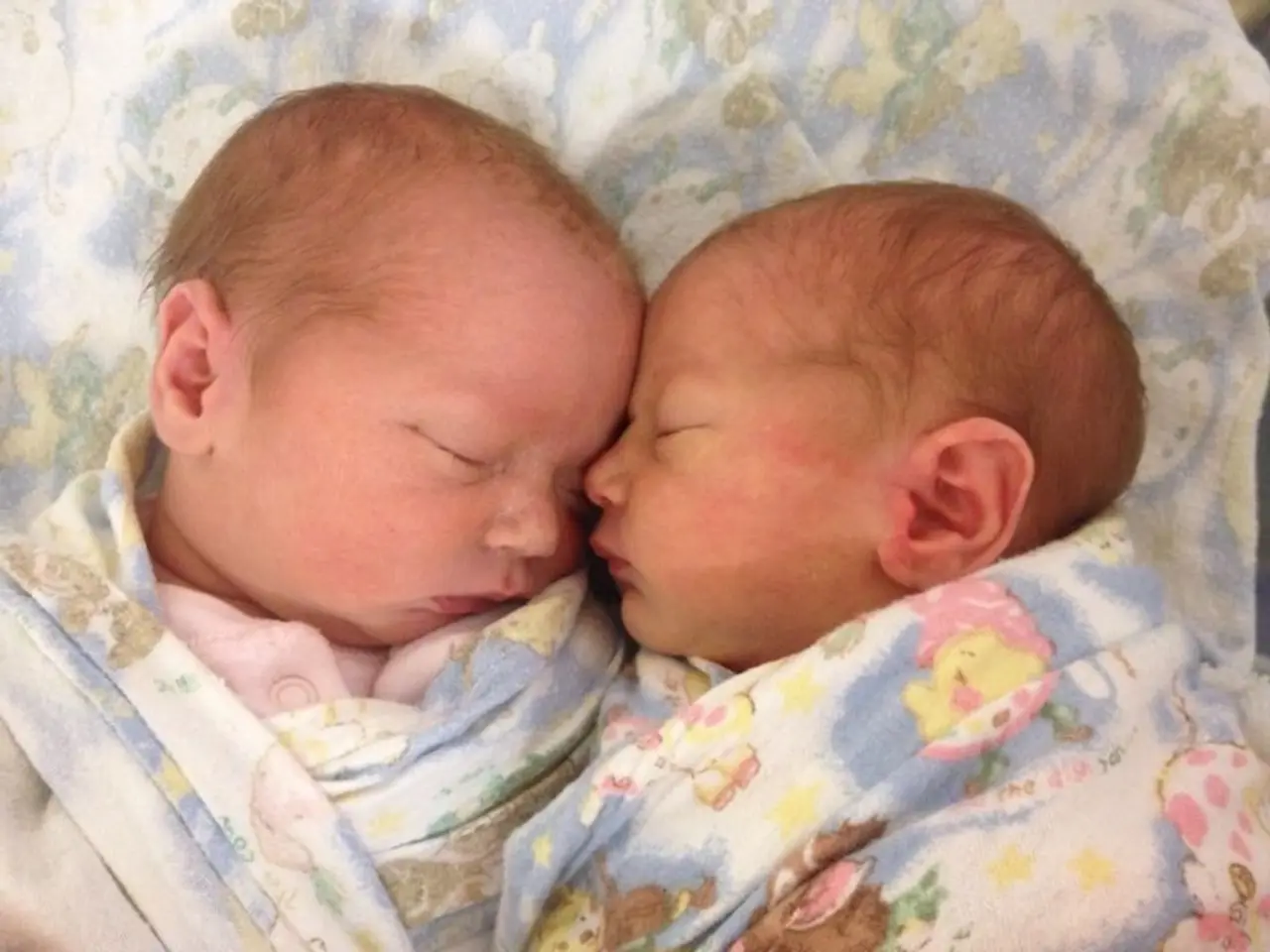Is it possible to experience a sneeze while asleep?
In the realm of sleep, sneezing is a phenomenon that rarely occurs. This is largely due to the body's natural shutdown during the deeper stages of sleep, a process known as REM (Rapid Eye Movement) sleep.
During REM sleep, the body enters a state of paralysis, with the skeletal muscles becoming limp and inactive. This prevents the body from acting out dreams and ensures a peaceful sleep. Only the eye and breathing muscles remain operational during this stage.
Sneezing, being an involuntary reflex, is impossible during REM sleep. The three main triggers that can cause a person to sneeze - direct irritation, facial nerve irritation, and bright light (for those with a gene that causes photic sneeze reflex) - are suppressed during this stage.
Sneezing occurs when there is irritation in the mucus membranes in the throat or nose. The air then carries the irritants from the body through the nose.
While sneezing is typically inhibited during deep sleep, factors that cause nasal inflammation or irritation can increase the chance of sneezing episodes during lighter sleep stages or upon waking. These factors primarily relate to allergies, colds, dry air, and environmental triggers.
Children, with their immature sleep cycles, may be more likely to sneeze during their sleep due to these factors. Their sleep patterns are still maturing, causing them to move during the NREM (Non-REM) stages, including N3, which can result in behaviours such as sleepwalking, eating, dressing, and urinating.
Adults, on the other hand, are less likely to sneeze during sleep compared to children. However, adults with ongoing nasal issues, such as hormonal changes, reflux causing postnasal drip, or asthma/allergy-related inflammation, are more prone to sneezing during sleep periods due to heightened nasal sensitivity and mucus production.
It's interesting to note that the body shuts down during REM sleep as a safety mechanism. A 2021 article suggests that this mechanism prevents the body from acting out dreams, which could potentially be harmful.
In conclusion, while sneezing is a rare occurrence during sleep, factors that cause nasal inflammation or irritation can increase its likelihood. It's essential to address these issues, such as allergies, colds, dry air, and environmental triggers, to ensure a peaceful and restful sleep for both adults and children.
Science reveals that during REM sleep, the body undergoes paralysis to prevent physical actions like snoring and sneezing. However, health-and-wellness issues like allergies, colds, dry air, or environmental factors can potentially cause sneezing episodes even in the lighter sleep stages or upon waking. Interestingly, this suppression of movement during REM sleep is a safety mechanism, as sneezing could possibly disrupt sleep and cause health problems.




